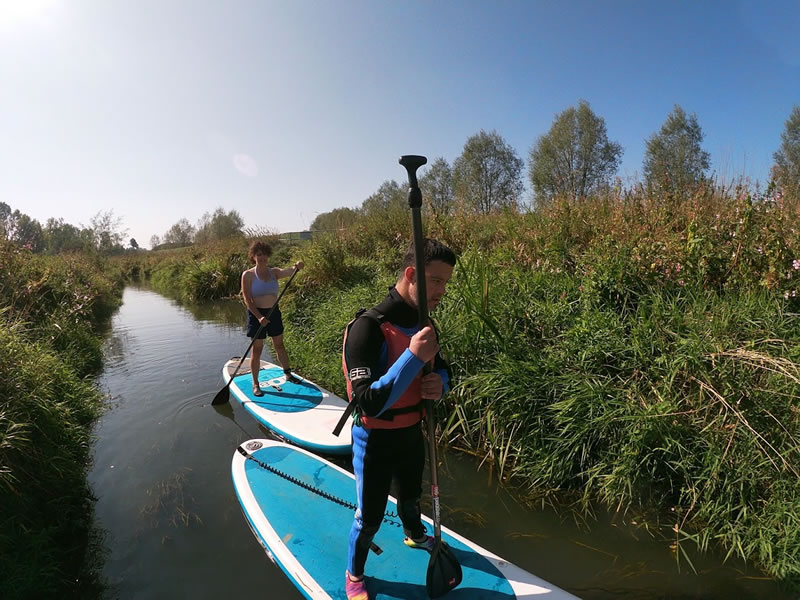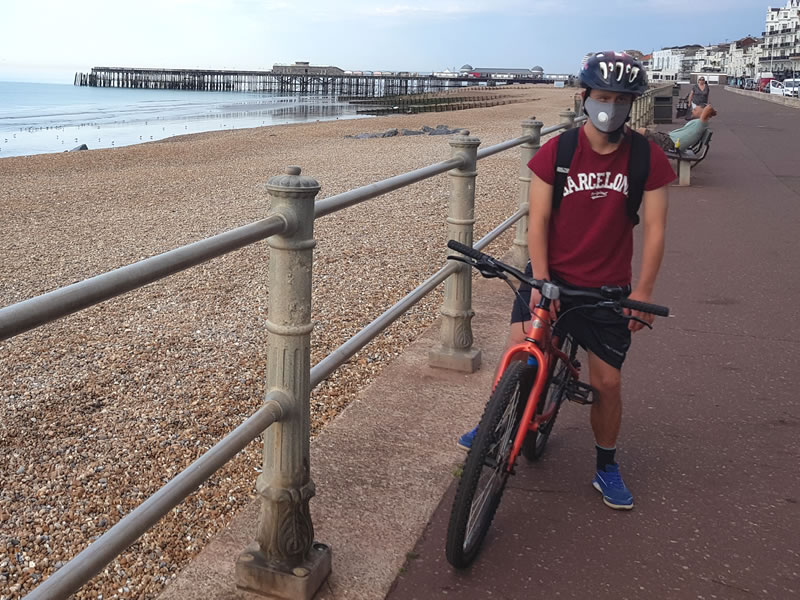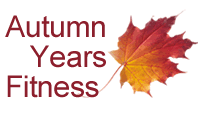
Fitness for Neurodiverse Adults
Below are details of our Fitness Training services for Neurodiverse AdultsChrystal is the mother of a young man with Down Syndrome and has developed over 30 years’ experience in delivering enabling services to Neurodiverse children & adults.
She also has over 30 years’ experience in exercise instructing.
Personalised 1 to 1 Fitness for One Person
These exercise programmes are made for a Neurodiverse person (Learning Disability).
You can do the exercise program with your Instructor on a 1:1 basis & these can be done in your own home,
The exercise program can also be done:
- out in the community like the seafront or the park
- at a venue like a gym
- outdoor facility like the beach or the park
This can be chosen by you.
Exercises can include Chair based exercises if you have trouble standing or walking.
When I first come to chat with you, we will explore what you want to do.
From our chat, I will make you a personalised exercise plan.
I will then help you work through the exercises to make sure you are happy with them and know how to do them.
We can then meet up every week to keep you fit with your exercises.

Personalised Fitness for Groups
These programmes are made for Neurodiverse people & their friends.
You can choose to share the Instructor with your friends. It’s best to decide what exercises you would all like to do & where.
You can then do the exercise program with your friends and the Instructor on a 1:1 basis & these can be done in your own home or:
- out in the community like the seafront or the park
- at a venue like a gym
- outdoor facility like the beach or the park
This can be chosen by you and your friends.
Exercises can be done both indoors and outdoors, depending on what you and your friends prefer.
Exercises can include Chair based exercises if any of you have trouble standing or walking.
When I first come to chat to you & your friends, we will explore what you all want to do.
From our chat, I will make you a personalised exercise plan.
I will then help you work through the exercises to make sure you are happy with them and know how to do them.
We can then meet up every week to keep you fit with your exercises.
A personal message to parents & carers
As a mother of a young man with Down Syndrome, I am aware that encouraging physical activities can be challenging & with this aim, I try to ensure that the activities are fun based, first & that the individuals take ownership over their fitness plans. That way there is a better chance of this being a lifestyle change that works long into the future of the individuals’ life.
As we all know, getting fit and staying healthy can be an onerous tasks. My approach is to combine these with the things we do every day, by ‘bolting on’ to our existing day-to-day activities, then there is more chance of this being adopted in the longer term.
For instance, in the words of Mary Stewart (Registered Yoga Teacher with the Yoga Alliance & Author) ‘Ten minutes a Day, can Transform your Life’ & I certainly agree with this statement, from my own experience.
In order to maintain a good quality of life, through maintaining good health & functional mobility, the Chief Medical Officer recommends 150 minutes of moderate intensity activities each week. As we know, this can be a challenge to achieve but with the right plan in place, this can be achieved.

Chief Medical Officer recommends the following:
Adults (19 to 64 years)
For good physical and mental health, adults should aim to be physically active every day. Any activity is better than none, and more is better still.
Adults should do activities to develop or maintain strength in the major muscle groups. These could include heavy gardening, carrying heavy shopping, or resistance exercise. Muscle strengthening activities should be done on at least two days a week, but any strengthening activity is better than none.
Each week, adults should accumulate at least 150 minutes (2 1/2 hours) of moderate intensity activity (such as brisk walking or cycling); or 75 minutes of vigorous intensity activity (such as running); or even shorter durations of very vigorous intensity activity (such as sprinting or stair climbing); or a combination of moderate, vigorous and very vigorous intensity activity.
Adults should aim to minimise the amount of time spent being sedentary, and when physically possible should break up long periods of inactivity with at least light physical activity.
Click Here for UK Chief Medical Officers’ Physical Activity Guidelines
Personal Fitness Trainer for Neurodiverse adults – Hastings, Bexhill, Battle & Rother Area
We provide exercise & fitness training for Neurodiverse people and Daycare Services in Hastings, Bexhill, Battle and Rother Area.
Get in Touch
Please get in touch using our contact form & email or by phone.
Mobile: 07811 394 236
